Hand in Hand must ‘prioritise income diversification’ in Tanzania: study
29 Aug 2017
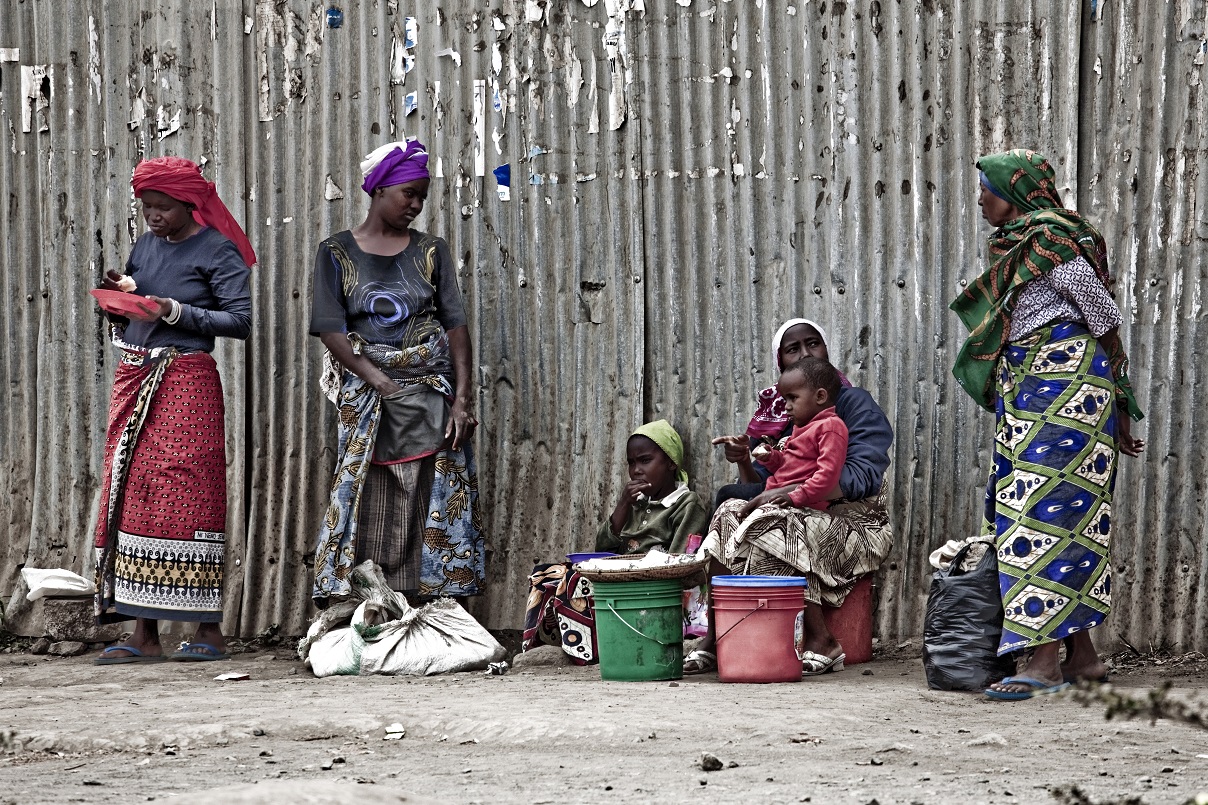
Women in Arusha
Hand in Hand’s programme in Tanzania will hinge on two key factors, according to a new report from Ipsos: changing the way people think about Self-Help Groups and helping our members diversify their incomes.
Published this month, the report surveyed 4,000 adults in Arusha and Kilimanjaro, providing Hand’s in Hand’s clearest picture yet of life in our target areas and establishing the baseline by which future progress will be measured. With the report finished, group mobilisation can begin later this year.
Our target districts
There is no shortage of districts in Tanzania that could benefit from Hand in Hand’s training. To begin with, we’re focusing on five: Ashura Rural and Meru in Aruha, and Moshi Rural, Hai and Rombo in Kilimanjaro. Besides their proximity to our headquarters in Kenya, the districts were chosen because each has a population density of at least 150 people per square kilometre, the minimum required to make our programme viable according to Ipsos.
More than half of Arushans (55 percent) and one-third of Kilimajarans (34 percent) live in poverty, according to the UNDP 2014 Human Development Report. Across our target districts, the estimated rural adult population living in poverty is 293,110. If Hand in Hand achieves our goal, a significant majority (68 percent) of impoverished adults in our target areas will see their lives transformed.
By the numbers
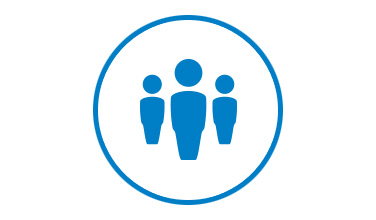
Rural adult population living in poverty in Hand in Hand’s target areas: 293,110
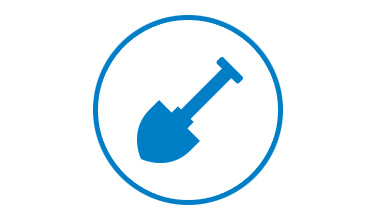
Number of jobs we aim to create: 200,000
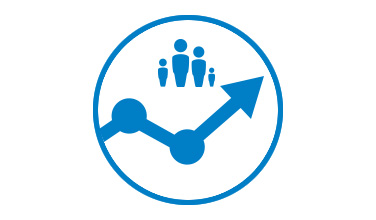
Percentage of target rural poor with improved incomes: 68 percent
Before we can start to mobilise in earnest, we need to know everything we can about our future members. What are their livelihoods? How can we help them most effectively? What threats do they most consistently face? Only 9 percent of households surveyed by Ipsos earned their income solely from business – owning a shop, say, or transporting people and goods on motorcycles (known in Eastern Africa as boda boda). An additional 15 percent earned a portion of their income from business. The rest, 76 percent, relied entirely on farming to see them through, many at the subsistence level. It’s no surprise, then, that only 57 percent of respondents are putting money aside as savings. Perhaps more surprising was the degree of organisation among those surveyed: 34 percent of respondents already belong to Self-Help Groups. The groups exist chiefly to support members in times of trouble (46 percent) and occasionally as a source of microfinance (20 percent), and are registered with local government.
Challenges
There are two seasons in northern Tanzania: rainy and dry. For the 91 percent of adults who rely on agriculture for some or all of their incomes, says Ipsos, the resulting boom-and-bust crop cycle means periods of relative abundance followed by periods of scarcity and hunger.
Making matters worse, ‘rainy’ and ‘dry’ can often mean ‘flooding’ and ‘drought’, and depressed incomes and food insecurity are perennial risks. In an environment where almost half of households (43 percent) regard saving as an impossibility, “fear and mistrust” of savings-driven Self-Help Groups are common, warns the report. Microfinance is considered even more dangerous and avoided for fears that climatic shocks will wipe out crops and livestock, leading to borrowers to default on their loans.
Recommendations
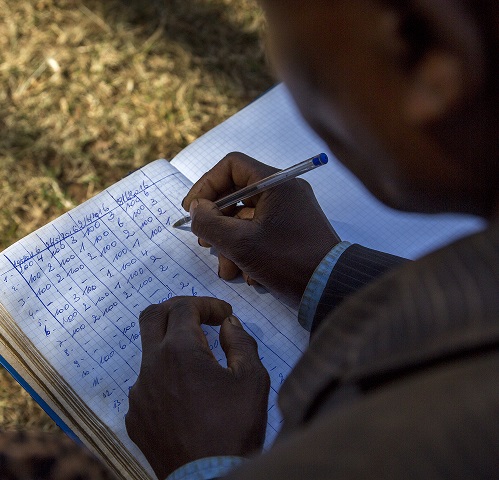
Hand in Hand group savings meeting, Rwanda
Only 5 percent of survey respondents who belonged to pre-existing groups said they were being supported by NGOs. To begin with, says the report, Hand in Hand should focus on the other 95 percent, filling gaps in skills training, the provision of microfinance and links to larger markets. Mobilising the ‘un-grouped’ – the 66 percent majority who worry they cannot save – will require a softer touch, says Ipsos. Here, initial efforts should focus on “community sensitisation… to change negative perceptions”, and “may require a pull factor, e.g. market linkages, to bring people together.” It will also require a programme that addresses climatic shocks head-on, reducing risk in order to incentivise savings and credit. This “can be achieved through Hand in Hand’s entrepreneurship training” in two ways, Ipsos concludes. For starters, early training modules should promote farming practices that mitigate the effects of climate change: irrigation, planting trees to reduce soil erosion and so on. Secondly, once groups are firmly established, training should “prioritise income diversification” and encourage members to launch businesses that generate income all year.
Download the report